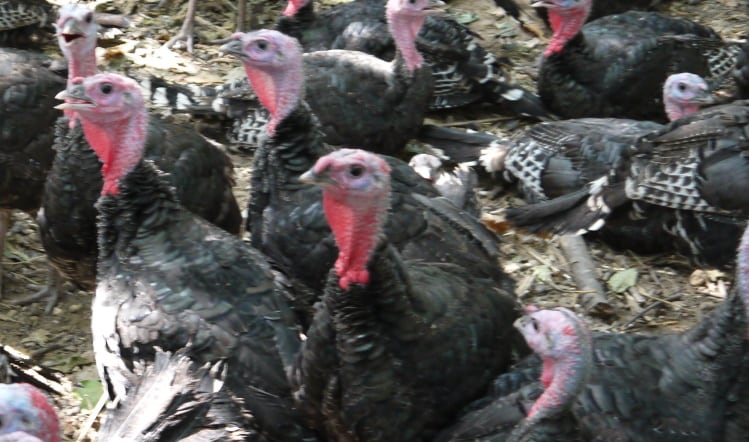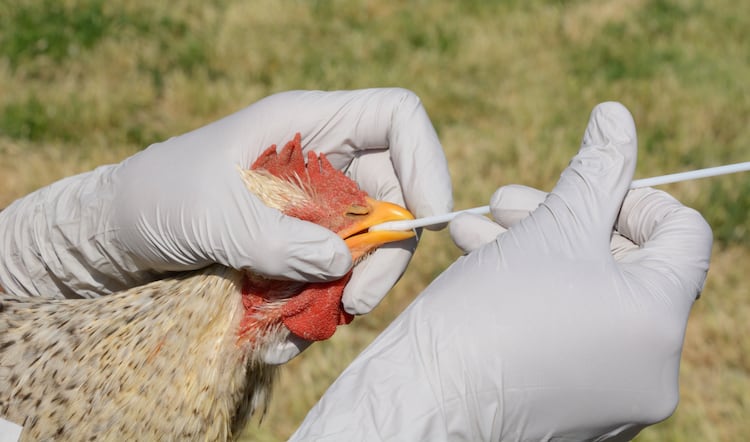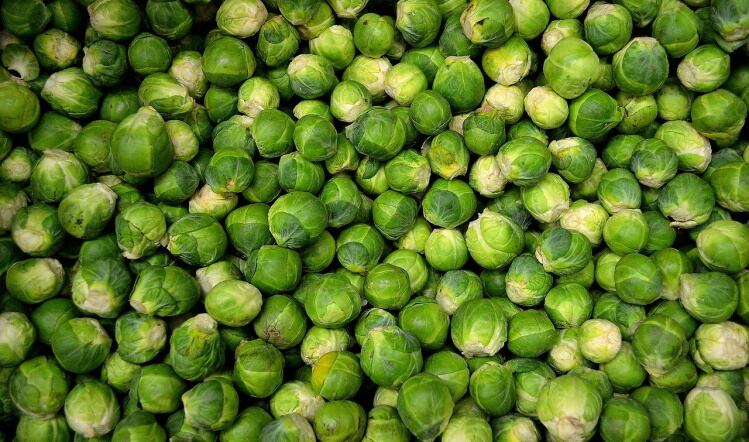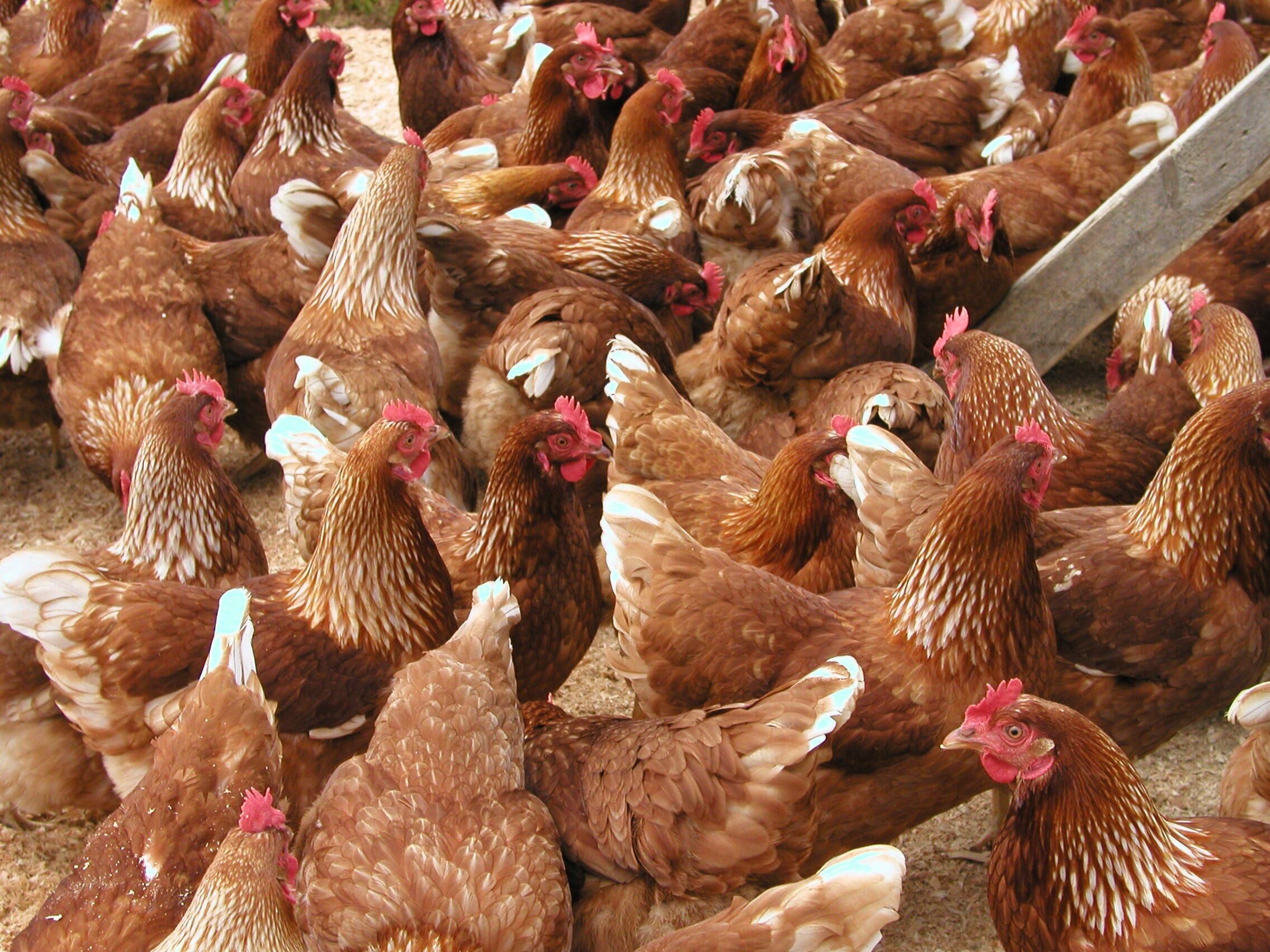A 2km and 10km temporary control zone has been put in place around the infected site to help limit the risk of the disease spreading. All 10,500 birds at the farm will be humanely culled.
Chief veterinary officer Christine Middlemiss said: “Public Health England has confirmed that the risk to public health is very low and the Food Standards Agency advises that bird flu poses a very low food safety risk for UK consumers.
‘Remain alert’
“Bird keepers should remain alert for any signs of disease, report suspected disease immediately and ensure they are maintaining good biosecurity on their premises.”
The Department for Environment, Food and Rural Affairs (DEFRA) said it did not anticipate any impact on the supplies of turkeys or other birds over Christmas.
British Poultry Council chief executive added: “Around 9 million British turkeys are reared for Christmas every year to some of the highest standards in the world. The recent bird flu outbreak at a turkey farm resulting in the culling of 10,000 birds is unlikely to have any detrimental impact on the supply of British turkeys this Christmas.
“While contingency plans are in place and the spread of bird flu is being effectively monitored, the combination of avian influenza, the coronavirus pandemic, and a tight, non-negotiable Brexit deadline, has proven yet again the vulnerability of Britain’s food security.”
Dr Gavin Dabrera, consultant in acute respiratory infections at Public Health England said: “As a precaution the local Health Protection Team will offer routine health advice to those working on the farm. We will work with DEFRA to monitor the situation closely.”
Poultry processor Avara Foods confirmed that the farm was within its supply chain and investigations to identify how the virus established itself onsite were ongoing.
Contingency plan
A spokesman for the producers added: “We have enacted our contingency plan and are working closely with government agencies and our wider suppliers and farming operations to manage this incident effectively and ensure that supply is not disrupted.
“Additional precautionary measures are in place across our agricultural operations but it is important to stress that there is no risk to human health or food safety.”
Meanwhile, earlier this month, the British Poultry Council (BPC) identified two cases of avian influenza at two unrelated sites in Kent and Cheshire, prompting a cull of all birds at both sites.
DEFRA confirmed the risk level of avian influenza incursion in wild birds in Great Britain has been raised from ‘medium’ to ‘high’.





